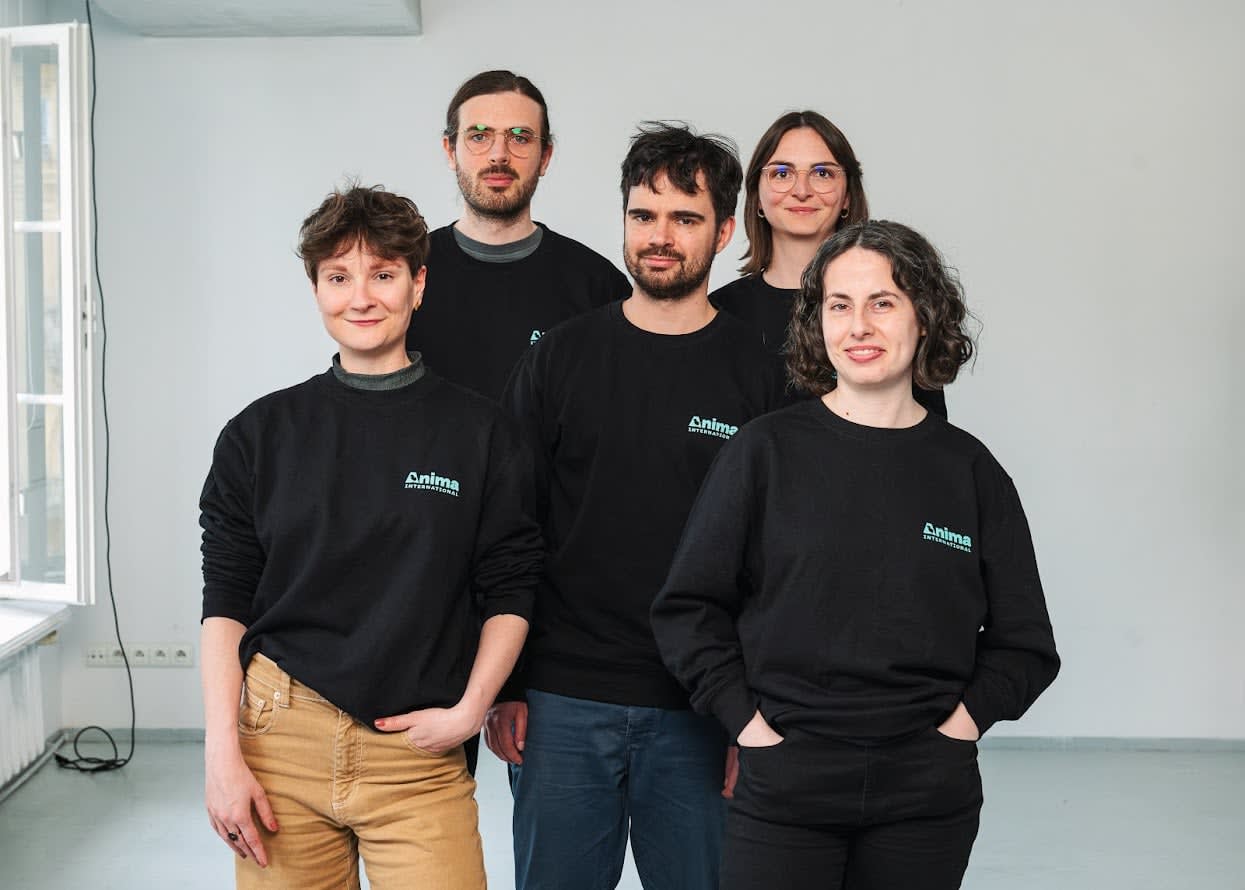As part of my recent application to the Charity Entrepreneurship Incubation Program[1], I was asked to spend ~1hr putting together a one page critique of a charitable community. I picked the EA community and wrote this.
The critique is summarised as follows:
I am reasonably confident that the Effective Altruism (EA) community is neglecting trying to influence non-EA actors (funders, NGOs and individuals). I am uncertain about the extent to which this represents a missed opportunity in the short-term. However, I believe that influencing non-EA actors will become increasingly important in the future and that the EA community should begin to explore this soon, if not now.
I'm sharing as:
- others have previously suggested they would be interested in reading something like this[2]
- I'd like to see if anyone else is interested in collaborating in some way to build on my thinking and develop a more robust critique ..... and possibly to make an argument for what the EA community could/should do differently.
Let me know if you'd be interested in collaborating, or otherwise please do leave comments on this post or the Google doc - I'm open to any and all engagement!
- ^
For those interested in the CE program, I wasn't selected for the upcoming cohort but did make it to the final round of interviews. I have no way of knowing how well (or not!) I scored on this task, as it was completed alongside two other written assignments
- ^
I found that this post shares, in bullet-points and in the comments, some of the critiques I articulate and others that I agree with but couldn't fit onto one page. I'd expect to flesh these out when I spend more time on this



What about the Effective Institutions Project (website)? While they haven't posted on the EA Forum in a while, I remember the case studies from their "which institutions? a framework" writeup and their landscape analysis of institutional improvement opportunities (Amazon, the Chinese Communist Party’s Politburo, DeepMind, Meta, OpenAI, the Executive Office of the US President, and the US National Security Council make the top 10 in both their neartermist and longtermist rankings; Google, the State Council of China, and the World Health Organization round out their neartermist list and Alphabet, the European Union, and the US Congress round out their longtermist one).